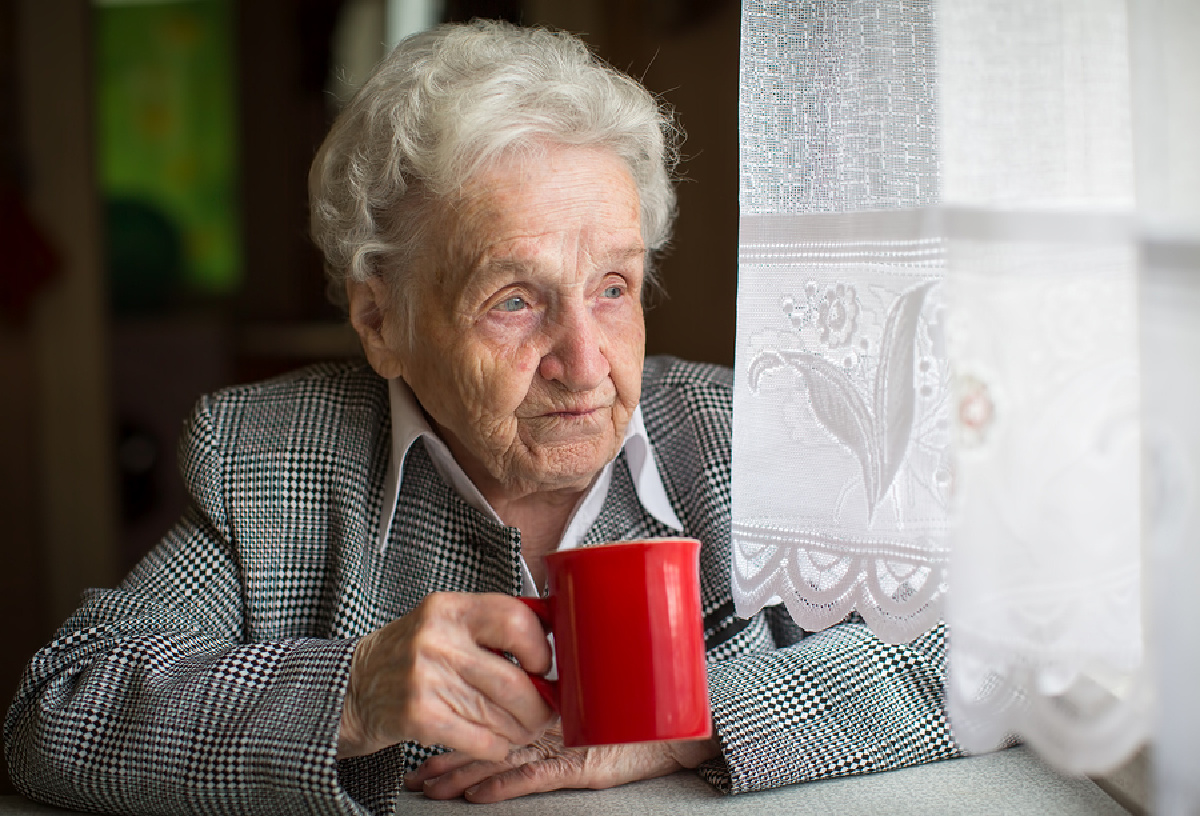Elderly Care: Your elderly loved one was given an Alzheimer’s disease diagnosis.
You know you will probably be getting elderly care services for your elderly loved one. However, that doesn’t make handling the diagnosis any easier.
It is completely normal to go through the stages of grief when you learn that your elderly loved one has this disease. By learning about these stages, you can understand what you are going through is normal. It is necessary in order to finally come to accept that your elderly loved one does have Alzheimer’s disease.
Denial
After your elderly loved one is given an Alzheimer’s diagnosis, you may be in denial. It may not seem real. Maybe your elderly loved has a different health condition that is mimicking Alzheimer’s? Could the doctors have made a mistake? These are all thoughts that often run through the minds of family members when their loved one receives this type of diagnosis. The truth is, it is very rare, for someone to receive an Alzheimer’s diagnosis and it not be the truth. With this being said, denial is still very common. In time, you will likely move on to the next stage of grief.
Anger and Bargaining
You will also likely experience anger in regard to your elderly loved one’s Alzheimer’s diagnosis. You have taken care of your elderly loved ones and helped them with personal care tasks. You have driven your elderly loved one to the doctor and encouraged them to take care of their health. Now, they have this disease. How could that happen? What are you supposed to do now?
It is normal to feel angry when a loved one gets an Alzheimer’s disease diagnosis. However, it is important to remember that you don’t have to take care of everything on your own. You can get senior care providers to help provide care for your elderly loved one in their home.
In addition to or after the anger, you might go through the bargaining stage. You might beg doctors to reassess your elderly loved one. You may want to do whatever you can to get your elderly loved one a different diagnosis.
Depression
When you get through the anger and bargaining stages, you might experience some depression. Dealing with the fact that your elderly loved one has Alzheimer’s can take a huge toll on your mental health. It can cause you to feel very tired, alone, and helpless. It is important to get help for yourself during this stage of grief. Support groups can help you to see that you aren’t alone.
Acceptance
The final stage of grief is acceptance. Once you can accept that your elderly loved one has this diagnosis and there isn’t a cure, you can commit to helping them in the best ways possible. You can get personal care at home services for your loved ones and learn how to better communicate with them.
Elderly Care: Conclusion
Now you know the stages of grief for handling your elderly loved one’s Alzheimer’s disease diagnosis. If you need additional help in dealing with the diagnosis, don’t be afraid to turn to support groups, other loved ones, elderly care, providers, friends, or a therapist. There are people who understand and want to help you through it.


